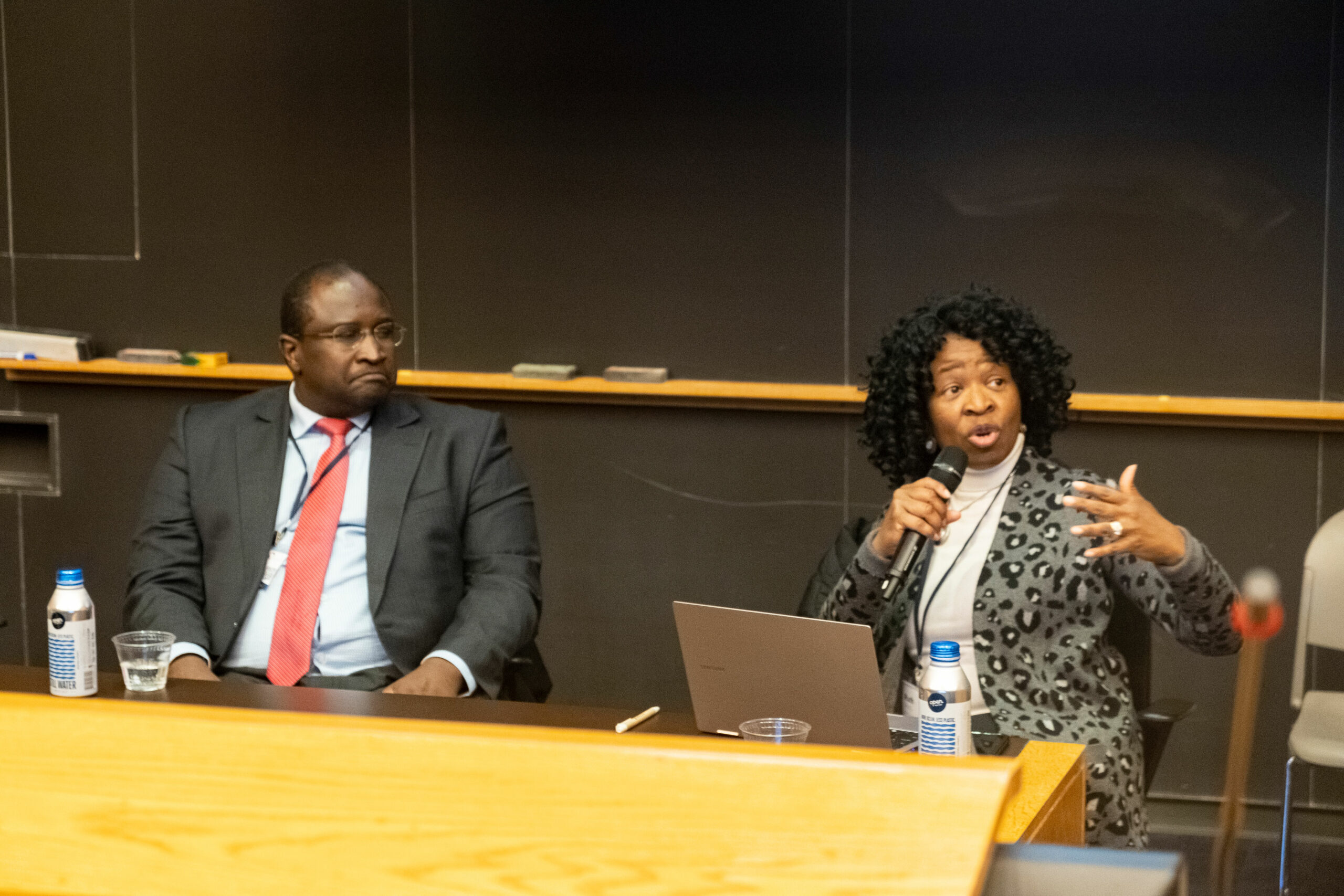The Harvard Chan School of Public Health recently hosted the first-ever Africa Health Conference from February 18th to 19th, 2023, bringing together students, faculty, activists, global health leaders, and a community of scholars.
Organized by the Harvard Chan Africa Health Students Forum, the conference aimed to celebrate successes in healthcare across the continent while also addressing ongoing challenges.
Over the two-day conference, key issues were discussed, including the role of digital transformation in healthcare service delivery, mental health, climate change’s impact on health, and healthcare financing.
Professor Muhammad Ali Pate, the newly appointed CEO of GAVI, delivered a keynote address, emphasizing the impact of climate change on natural disasters and the implications for disease patterns and service delivery on the African continent.
He encouraged young aspiring leaders to adopt a growth and learning mindset, stating that leadership in global health requires multidisciplinary perspectives.
During a panel discussion on the future of vaccine research, development, and manufacturing in Africa, Ruth Okediji, Professor of Law at Harvard Law School, highlighted the need for new institutions to meet tomorrow’s demands, particularly in response to the current intellectual property regime and fragmented pharmaceutical licensing across different African countries.
Prof Padmashree Sampath, Special Advisor to the President of the African Development Bank Group on Pharmaceuticals and Health Infrastructure, noted that the pharmaceutical industry’s lack of access to markets was a major problem in a panel on public and private partnerships.
She hoped that the bank’s commitment to $2 billion in financing over the next ten years would attract more private sector investment.
Dr Amadou Sall, Director General of Institut Pasteur de Dakar, described the new partnership to build a vaccine manufacturing facility worth over $200 million in Senegal as a significant step in developing the technological capacity required on the continent.
He also stressed the importance of building human capacity on the continent and urged students to return home with their skills.
Reflecting on the conference, Esias Bedingar, one of the co-leads of the Harvard Chan Africa Health Students Forum, noted that “Being able to see a concentration of efforts and devotion towards the restoration of Africa’s healthcare system from within ourselves was a renewal of fortifications of our power and innovation as Africans.”
Yacine Fall, one of the conference conveners and a student at Harvard’s Chan School of Public Health, expressed her honor in being part of the first Africa Health Conference experience.
She found the diversity of scholars and volunteers from across Africa and its allies inspiring, and the conversations were both moving and thought-provoking.
She believes these conversations and the bridges built at the conference can serve as a catalyst for future collaboration across sectors, leading to positive impacts on health outcomes across Africa.In highlighting the challenges that remain, speakers at the conference emphasized the urgency of the opportunity and hoped that these discussions would encourage even greater collective action to supplement current efforts in various parts of Africa.
Attendee Dr. Denu Mawulorm, a recent graduate of the Harvard Chan School of Public Health, found the conference a unique and rewarding experience. He felt that the keynote speeches were powerful, and the plenary discussions were frank, passionate, and engaging, leaving him with a positive outlook on the future of public health in Africa. He looks forward to the next edition of the conference
